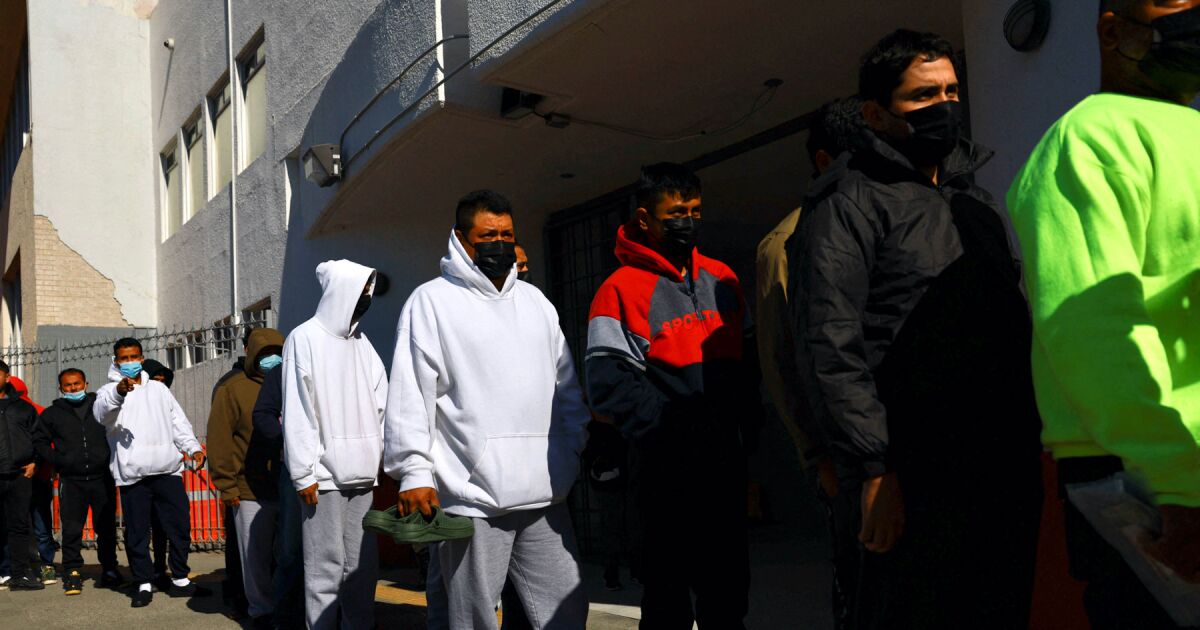“50,000 jobs ready for our migrant brothers if they come to Mexico, whether for a deportation or for voluntary reasons, because they decide. Here they will be well received, ”Sheinbaum announced.
Experts agree that before a smaller generation of jobs that is being observed, the arrival of this wave of undocumented Mexicans will bring more pressure to the country’s labor market.
A complex panorama
Alejandro Mosiño Jasso, director of the Department of Economy and Finance of the Division of Administrative Economic Sciences of the University of Guanajuato, warns that the incorporation of thousands of people deported to the Mexican labor market will represent a significant challenge.
“Mexico is a country with high levels of informality and precarious employment. The massive arrival of workers will exert even more pressure on unemployment and wages, ”he says.
Alexa Castro, analyst at the Mexico organization, how are we going? , it agrees that the structural deficiencies of the labor market will affect those who return to the country. Given the lack of opportunities in the formal sector, many could be forced to enter the informal economy, which is already high. In December 2024 it was 53.7%.
Even for those who manage to insert themselves in formal jobs, the benefits will not be the same, even with the historical increase of 120% in the minimum wage in Mexico.
“The contrast to the wages they received in the United States will be significant, since the minimum wage in that country is much higher than in Mexico,” says Castro.
In the United States, the minimum wage is $ 7.25 per hour (approximately 149 pesos), according to the United States Department of Labor.
On the other hand, in Mexico, the general minimum wage is 278.80 pesos a day and, on the border, of 419.88 pesos a day.
Less formal employment
Experts warn that the formal labor market in Mexico has a limited absorption capacity. If you already face difficulties to use the existing population, it is unlikely that you can integrate all deported persons.
In 2024, the formal employment generation showed less growth: only 213,993 new positions were recorded, compared to the 651,490 of 2023.
The most recent IMSS figures indicate that in January of this year 73,167 formal jobs were created, an amount of less than 109,021 positions registered in the same month of 2024, showing greater deceleration.
“The economic uncertainty, the depreciation of the peso and the commercial crisis discourage the investments that could have reached Mexico to generate formal employment,” says Castro.
Even though the jobs offered by entrepreneurs seem to be located in the strong sector of the formal labor market that are manufactures, for the expert it is much more likely to be used in micronegocios in the service sector, in wholesale trade.
Government measures so far are insufficient to guarantee employment to all possible deportees, so it needs to redouble efforts with the private sector.















